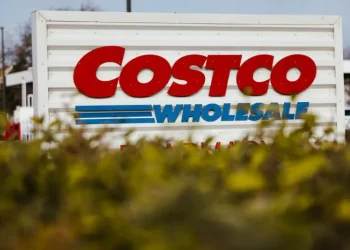In a recent podcast featured by The Atlantic, economist Adam Ozimek of the Economic Innovation Group delved into the complex repercussions of America’s aging population on its economic landscape. Contrary to the commonly held belief that labor shortages inherently benefit workers through increased wages, Ozimek cautioned against such optimism. Drawing historical parallels, he pointed out instances like the aftermath of the Black Death, where temporary labor scarcities led to economic instability rather than sustained prosperity.
Ozimek highlighted that while short-term wage hikes may occur as businesses vie for a shrinking labor pool, the long-term implications of an aging workforce are far-reaching. These include diminished productivity growth, reduced entrepreneurship, and constrained economic dynamism.
Beyond economic impacts, Ozimek underscored the fiscal challenges arising from demographic shifts, particularly evident in states like Vermont, where aging populations strain local tax revenues and essential services. He argued against simplistic solutions solely focused on short-term labor market dynamics, advocating instead for a broader recognition of the contributions immigrants can bring to economic vitality.
Proposing a balanced approach, Ozimek called for policies that support both workforce participation and innovation. He suggested that welcoming skilled immigrants could help mitigate the negative effects of a shrinking workforce, bolstering productivity and fostering long-term economic resilience.
In summary, Ozimek’s analysis urges policymakers to adopt nuanced strategies that address immediate labor market challenges while laying foundations for sustained economic stability. By fostering an environment conducive to innovation and productivity, he believes the U.S. can effectively navigate the demographic shifts ahead, ensuring continued prosperity and global competitiveness in the years to come.












